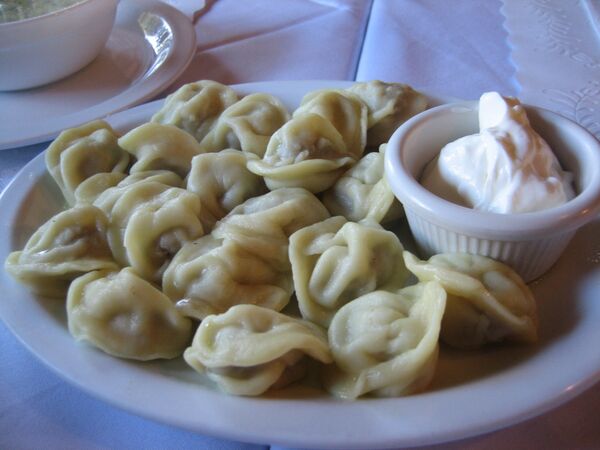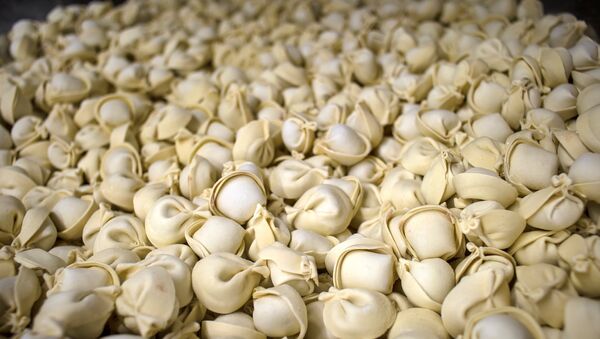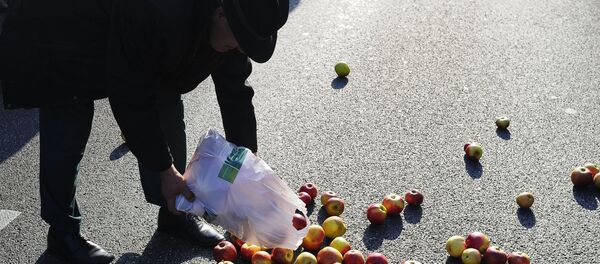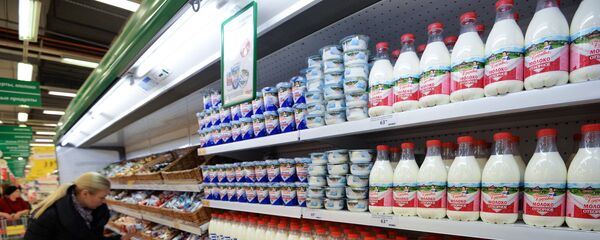According to Sputnik Estonia, the bankruptcy decision was made last week, but only reported on by local business media on Thursday.
Musarov previously complained that his company, UVIC AS, had suffered a major blow in 2014 when Russia introduced countersanctions against Western countries which had slapped restrictions against Moscow over the crisis in Ukraine.
"This was one problem which definitely did not do us any good," the businessman said, referring to the fact that his company had previously enjoyed major business with neighboring Russia, which can't seem to get enough pelmenis, the East Slavic meat dumpling recipe consisting of a meat filling wrapped in a thin, unleavened dough.

In recent years, UVIC AS has had difficulties repaying its loans to local banks. Estonia's Tax and Customs Board helped create a new repayment schedule, but to no avail. The company accumulated over one million euros in tax debt, and a similar amount of private debt. It has been forced to enter a state of reorganization.
UVIC AS was founded in 1993. In 2015, the company's total turnover reached about 12.1 million euros, with profits of about 1.3 million euros. The same year, the company invested over one million euros in a new warehouse. In 2016, Musarov invested 8 million euros in Russia in an effort to launch a food production plant in Veliky Novgorod, but due to Russia's food sanctions against EU countries, the project never got off the ground.
At the same time, the Baltic countries' economies, heavily tied to exports to Russia before the crisis (Russia-bound exports accounted for 19.8%, 16.2% and 11.4% of Lithuanian, Latvian and Estonian GDP in 2013, respectively), have been hit extremely hard by the Russian countersanctions introduced in the summer of 2014. Many Baltic dairy farms, fisheries and farms have lost up to a third of their income over the last three years and are hanging on the verge of collapse. The worst part is that as Russian grocery chains found new domestic producers, the Baltic states found it difficult to successfully reorient their exports, either within the EU or to other markets.
According to a recent report by the UN Special Rapporteur Idriss Jazairy, the European Union has lost over 3.2 billion euros per month that it has held firm on anti-Russia sanctions, meaning a total economic loss of over 100 billion euros. Russia, meanwhile, is estimated to have lost about 55 billion euros from the restrictions.
Russian food producers quickly made up for lost Western imports and have enjoyed something of an agricultural renaissance over the last three years, even urging the government to keep the agricultural countersanctions measures indefinitely.




